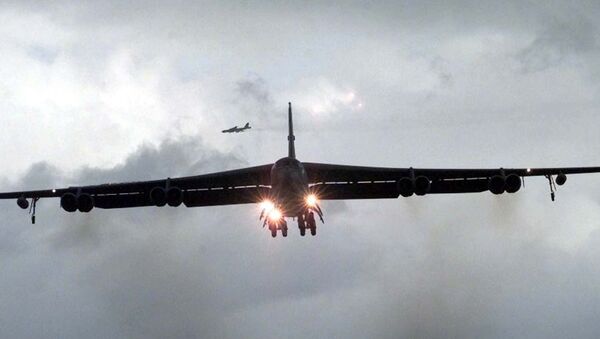"The US posture in Europe will certainly be part of the overall review that the next administration does," Roberts said.
Each new US president since 1993 has undertaken a Nuclear Posture Review (NPR) — a comprehensive Department of Defense-led assessment of the security environment and the role of nuclear forces within that context. The review then establishes US nuclear policy, strategy and force posture for the next five to ten years.
Roberts, who led President Barack Obama’s 2010 NPR, stated that the current nuclear-sharing arrangement within NATO, featuring a forward-deployed US nuclear deterrent, is "sound" for short- and longer-term security.
"I hope the next administration doesn't change it," Roberts added.
In a speech at the Center for Strategic and International Studies on Thursday, Roberts explained that the next administration will also review US ballistic missile defense. This could include a debate he said the United States "would like to avoid," namely asking the question, "is missile defense in Europe about Russia [and] should it be?"
In addition to the NPR, the Department of Defense is legally obligated to carry out a Ballistic Missile Defense review to evaluate the threat environment and establish a defense posture relative to current and future ballistic missile challenges.
"It [NATO] is prepared to withdraw remaining US nuclear weapons on the basis of reciprocal steps by Russia, taking account of the huge disparity in numbers between NATO and Russian nuclear forces in Europe," Roberts said on Friday.
Brad Roberts also noted that the United States and Russia have until the expiration of the Strategic Arms Reduction Treaty (New START) to mend ties and extend work on nuclear arms control.
"Until we find some point of political agreement about Russia’s desire for… a particular order and the west’s desire for a Europe that is whole and free. Until we come to that point, it is difficult to think that we are going to build new arms control agreements," Roberts said on Friday.
He added that the US and Russia have until New START Treaty expires in 2021 — or 2026, if it is extended — to reach a new agreement, "so we have some time to work this out."





